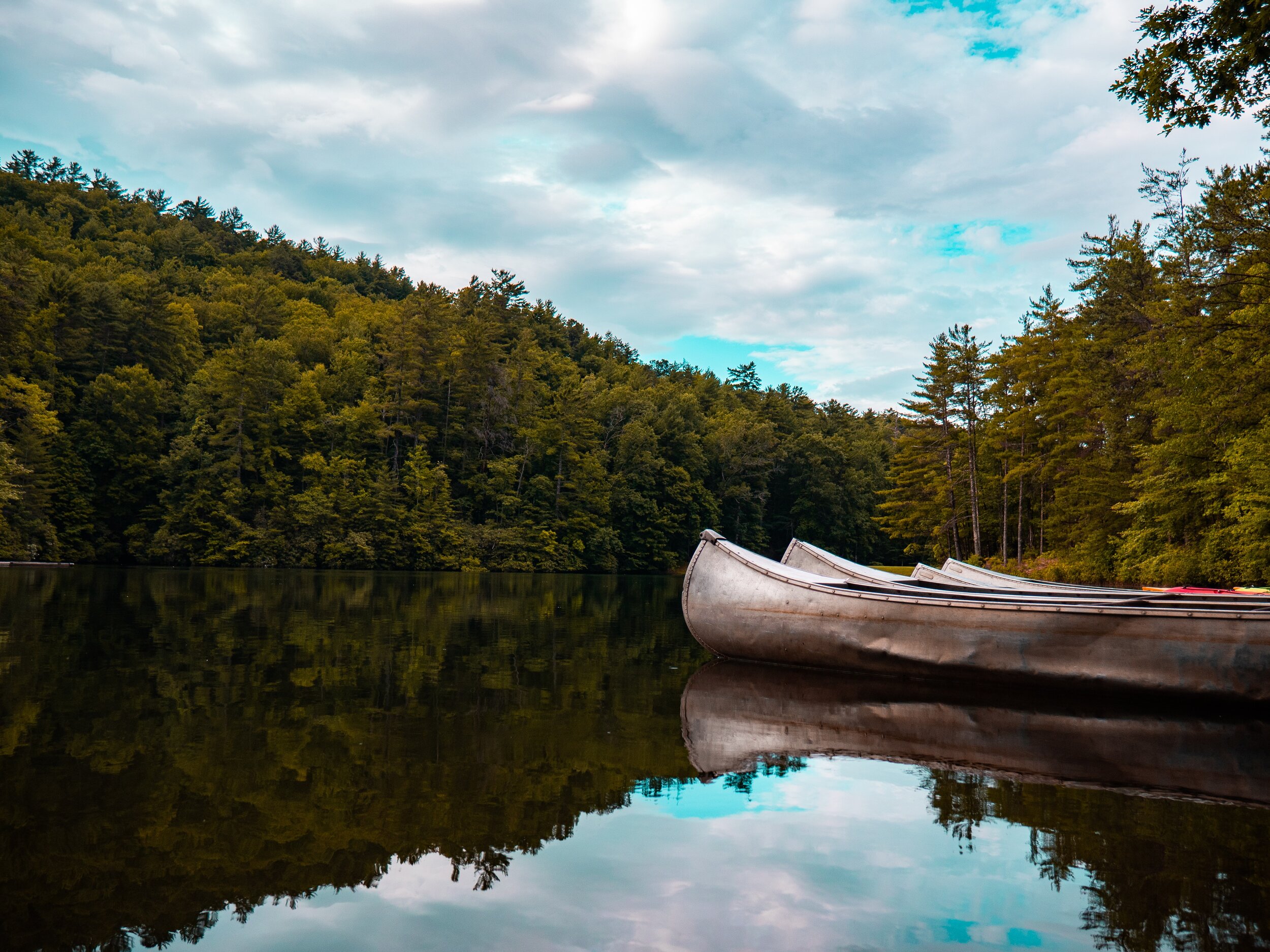
Tribes and Indian Organizations in North Carolina
Tribes
Modern day North Carolina is home to eight tribes (seven state recognized and one federally recognized). Read about each tribe below.
Coharie Tribe
The present population of the Coharie Indian Tribe is located in the southeastern region of the State of North Carolina in the counties of Harnett and Sampson. Please visit their website to learn more about the tribe!
Eastern Band of Cherokee Indians
Located in Cherokee, North Carolina, the Eastern Band of Cherokee Indians were once part of a much larger Cherokee Nation population. TO learn more about the EBCI, please visit their website!
Haliwa-Saponi Tribe
The Haliwa-Saponi are Native American Peoples of the North East Piedmont region of the State of North Carolina. The name Haliwa is derived from the two counties of Halifax and Warren, which are the ancestral homelands of the Haliwa People dating back to the early 18th Century. Visit their website to learn more!
Lumbee Tribe of North Carolina
The Lumbee Tribe of North Carolina resides within and provides programs and services to all tribal members within the tribal service areas of Cumberland, Hoke, Robeson and Scotland county. You can learn more about the tribe on their website.
Meherrin Indian Nation
The Meherrin Indian Nation has remained in small communities near the North Carolina and Virginia border, in Hertford, Gates, North Hampton and Bertie Counties, within the state of North Carolina. You can learn more at their website.
Sappony Nation
The traditional homelands of the Sappony are in the High Plains Settlement along the North Carolina - Virginia boundary line and they have inhabited the rolling hills of Person County, NC and Halifax County, VA since the early 1700's. They settled the area before state lines were drawn, and in fact, helped draw the boundary line in 1728 when Sappony Ned Bearskin led William Byrd’s surveying party through the region. Learn more about the Sappony on their website.
Occaneechi Band of the Saponi Nation
The Occaneechi Band of the Saponi Nation—OBSN for short—is a small Indian community located primarily in the old settlement of Little Texas, Pleasant Grove Township, Alamance County, North Carolina. You can learn more about the OBSN on their website.
Waccamaw Siouan Tribe
The Waccamaw Siouan Indians are located predominantly in the southeastern North Carolina counties of Bladen and Columbus, in the communities of St. James, Buckhead, and Council, the Waccamaw Siouan tribal homeland is situated on the edge of Green Swamp about 37 miles from Wilmington, North Carolina, seven miles from Lake Waccamaw, and four miles north of Bolton, North Carolina. Check out their website to learn more.
Urban Indian Organizations
In addition to the eight tribes mentioned above, NC is home to four Urban Indian Organizations recognized by the state of NC.
Cumberland County Association for Indian People (CCAIP)
The purpose of Cumberland County Association for Indian People (CCAIP) is to enhance self-determination and self-sufficiency as it relates to the socio-economic development, legal, and political well-being of the Indian People of Cumberland County.
Fostering healthier choices is one of many areas the CCAIP Board works on to improve the lives of its members.
Guilford Native American Association
The Guilford Native American Association is a Native American community association in Guilford County, North Carolina. It is a North Carolina State-recognized American Indian Organization, and is a United Way referral agency.
Incorporated in September 1975 by local parents as a non-profit education advocacy group, the association has grown to encompass child care, employment, and age-based community programs. It is the oldest American Indian urban association in North Carolina and one of the oldest organizations of its kind in the United States.
Triangle Native American Society (TNAS)
Triangle Native American Society (TNAS) was founded in 1984 to provide assistance and support for Native Americans in the Triangle and surrounding area and was incorporated as a non-profit tax-exempt organization in 1985.
Since its inception, TNAS has endeavored to promote and protect the Native American identity in the Triangle area by increasing the public’s awareness of the cultural and economic contributions made by Native Americans and enhancing the public recognition of the needs of Native Americans.
Metrolina Native American Association
Promote cultural awareness and economic development; Provide job training and placement: and provide for the well being of Indian people.
Our community is served through culture enrichment classes, employment training, work experience opportunities and economic development assistance to help promote and preserve self-sufficiency and self-determination. All activities are coordinated with other Indian organizations and programs in the state.
The organization’s website is here.
Other Indian Organizations
There are several other Indian Organizations in the state; most of the organizations are lead by youth and students.
